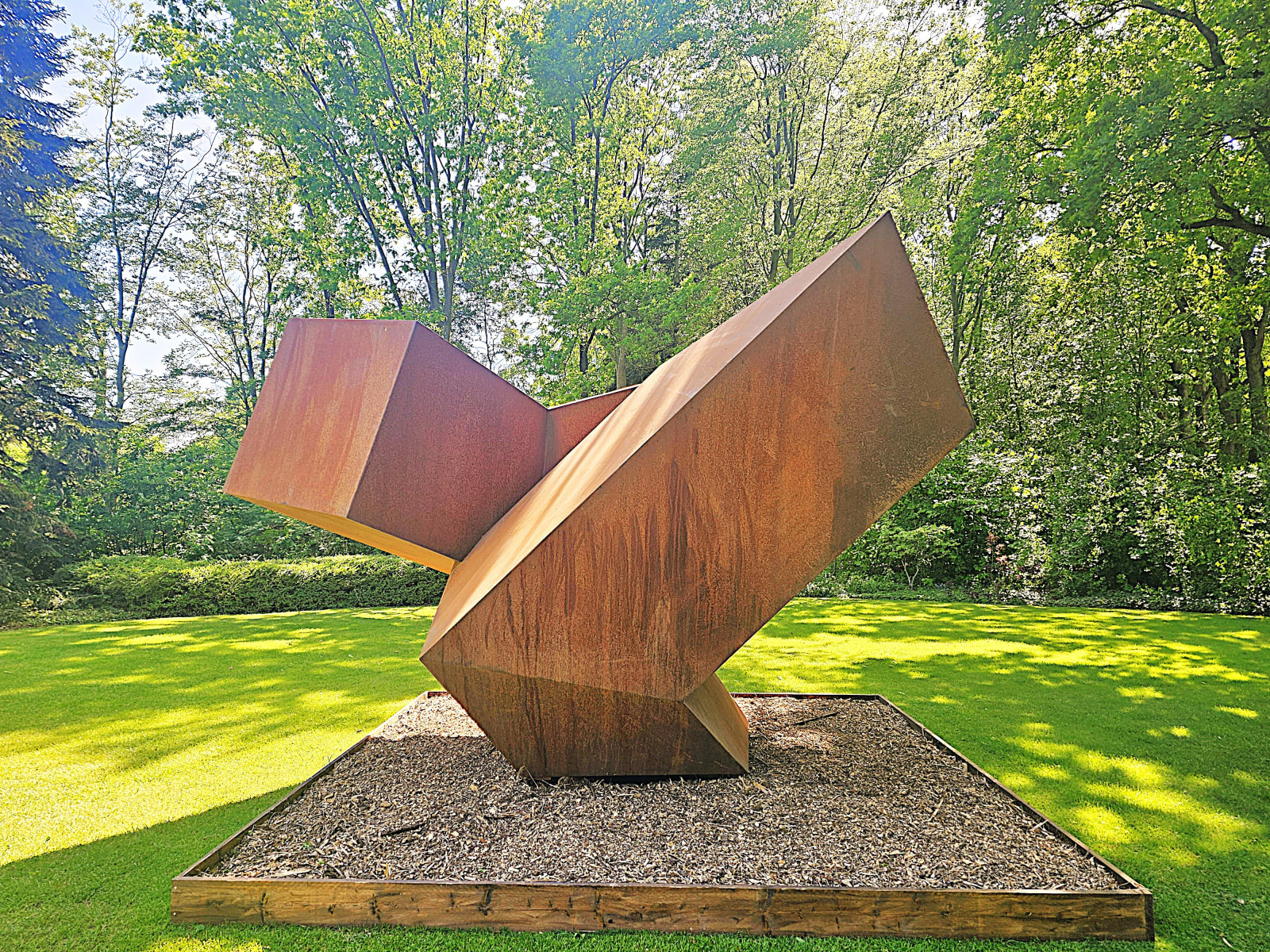
Jörg Plickat
While the belief in the sanctity of human life is a central tenet in many religions of the world, the foundations of modern human rights developed during the early modern period.
The European wars of religion and the turmoil in 17th-century Kingdom of England gave rise to the philosophy of liberalism, while belief in natural rights became central to European intellectual culture during the 18th-century Age of Enlightenment.
These ideas lay at the core of American and French revolutions which occurred toward the end of that century. Democratic evolution through the 19th century paved way for women's suffrage in the 20th century.
The two world wars led to creation of Universal Declaration Human Rights. UN General Assembly Resolution 217 (III) and other international treaties established by International Bill Human Rights, entered into force in 1976. The passing Universal Declaration Human Rights was a milestone for this.
The reflection stood under Jordanian declaration Shoah, becoming evident preamble, where it is written: non-recognition contempt for human rights resulted barbarism which fill conscience humanity with indignation.
As counter-image Art.1 Universal Declaration Human Rights proclaims: "All human beings are born free equal dignity rights. They endowed with reason conscience act towards one another spirit brotherhood."
Especially now against backdrop humanitarian crises Palestine Lebanon, loss view increasingly refugees issue human rights key element